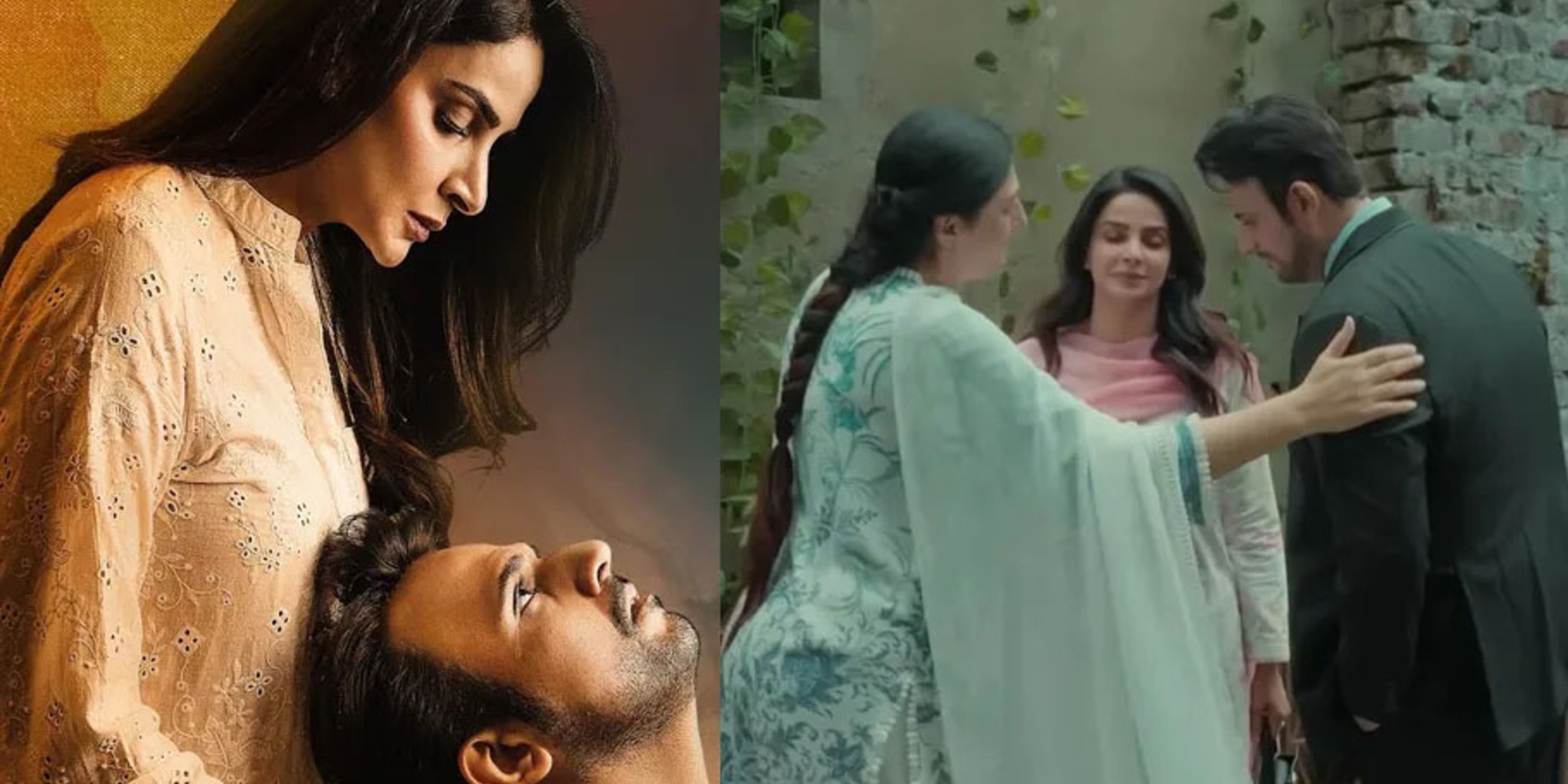The Pakistani drama Pamaal, airing on Pakistani TV channel, delves deep into the psychological layers of marital relationships. Written by Zanjabeel Asim Shah and directed by Khizer Idrees, the story is not merely about a husband and wife, it's about the complex balance of love, control, trust, and individuality within marriage. Unlike typical romantic dramas, Pamaal explores the emotional turbulence that often hides behind the façade of a “perfect” relationship.
The story centers around Malika (Saba Qamar), a sensitive yet strong woman who begins to realize that her husband Raza (Usman Mukhtar) though loving on the surface, subtly controls every aspect of her life. Raza’s character embodies a calm yet narcissistic personality who confuses love with possession. Through this dynamic, Pamaal highlights the often-overlooked reality of emotional manipulation and mental control in marital relationships.
As the drama unfolds, we witness Malika’s gradual loss of identity. Her opinions, feelings, and decisions are repeatedly dismissed, leaving her emotionally dependent and mentally exhausted. Raza’s character reflects a form of narcissism where one’s ego and desire for control overshadow empathy and respect. On the other hand, Malika’s quiet endurance and inner struggle symbolize countless women who appear content in marriage but are silently breaking inside.
Pamaal delivers a strong message: marriage is not only about love it must be built on mutual respect, equality, and emotional freedom. When any of these elements are missing, the relationship begins to crumble from within, no matter how stable it appears on the outside. Malika’s eventual decision to reclaim her voice and rediscover her sense of self becomes a powerful metaphor for women realizing their worth beyond their marital status.
One of the most commendable aspects of Pamaal is its bold portrayal of mental and emotional abuse, a subject rarely explored in Pakistani television. The drama sheds light on a form of violence that leaves no visible scars but deeply wounds the spirit. Director Khizer Idrees masterfully uses silence, lingering gazes, and subtle gestures to capture the suffocating atmosphere of a toxic relationship that thrives under the guise of love.
In the end, Pamaal raises a crucial question: should love require the sacrifice of one’s identity? Or can a truly successful marriage exist only when both partners honor each other’s freedom, emotions, and individuality? The drama reminds viewers that a healthy Rishta is not defined by dominance or dependence but by trust, understanding, and equality.Just like Pamaal reminds viewers that love should never come with control, “Dil Ka Rishta” app promotes healthy, respectful, and equal relationships. The platform encourages individuals to find connections built on trust, communication, and compatibility, not dominance or dependence.


